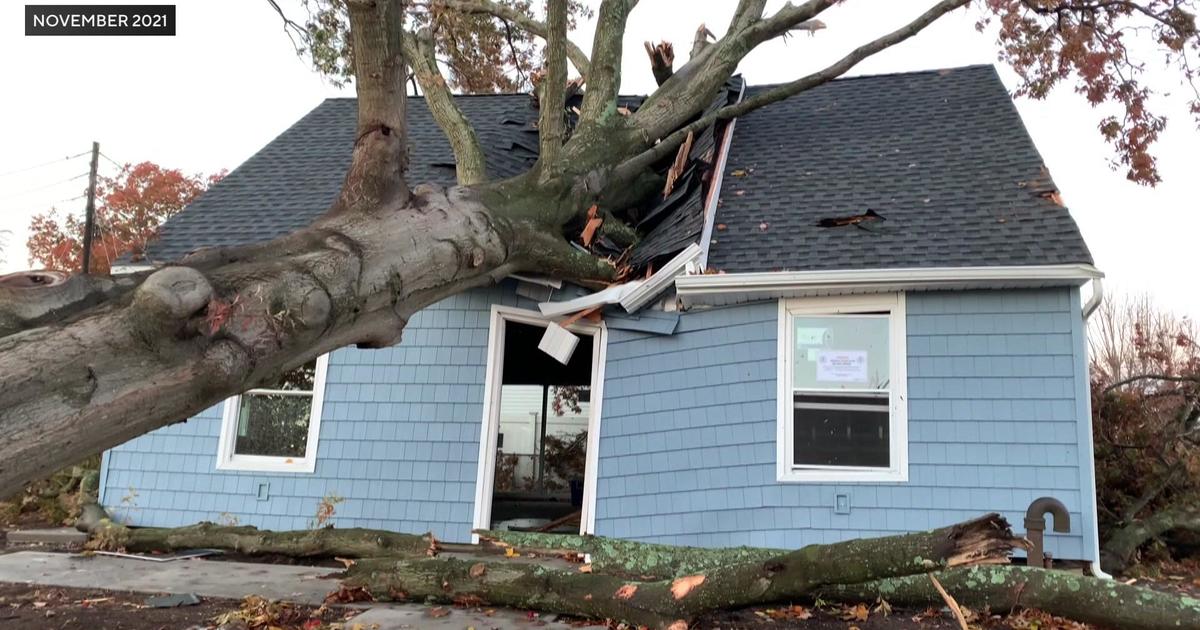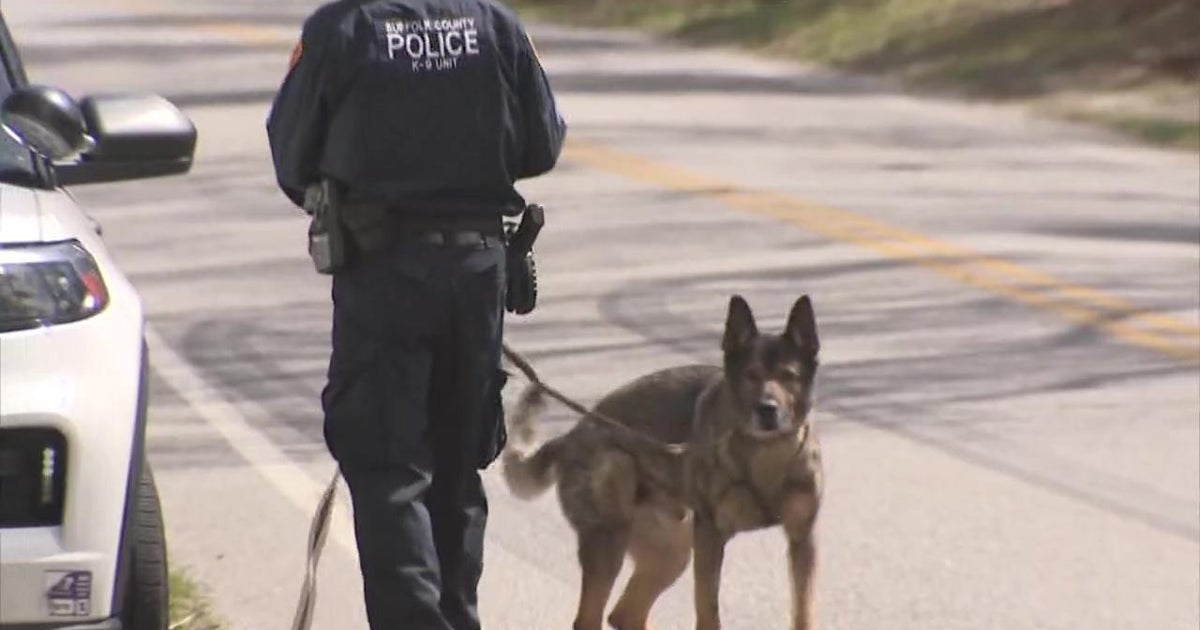Widespread Flu Is Peaking In Tri-State Area
MINEOLA, N.Y. (CBSNewYork) -- Late Friday, the Centers for Disease Control and Prevention confirmed that influenza is now widespread across the country – and peaking in the Tri-State Area.
As CBS2's Jennifer McLogan reported, there could be 13 more weeks of the flu fight yet to come.
Numbers of flu patients are spiking. Now on her way to the hospital, Iada Papazian fears she caught it from her students.
"Fever, cough, runny nose, congestion -- and it ended up in pneumonia," she said.
At NYU Winthrop Hospital in Mineola, like most hospitals in the area, it has been difficult to keep up with demand, severe illness, and the rising numbers of admissions.
"Diffused body aches a lot of people describe as being hit by a truck. They've having – you know, runny nose; fevers that they can't seem to break – and that's the big concern," said emergency room physician Dr. Jawad Shahid.
Wash hands, doctors advise, and put on a mask if you are around someone sick.
The flu season started early and seems to be peaking, according to the Centers for Disease Control.
Local cases jumped 40 percent in a week, according to New York state officials. Some say they get the flu shot every year, but some have reservations about it.
"I did not get the flu shot, but I might because I work with children," one woman said.
"I have the flu, but to get the shot – when I get the shot, I think it gives me the flu too," another said.
That is not true, doctors emphasize.
"It's not too late. I would emphasize that, and there's no reason to be afraid of the flu shot," said Dr. Bruce Polsky, chairman of the NYU Winthrop Department of Medicine.
Polsky said even if this season's shot is 30 percent effective, it can prevent pneumonia and death – especially in senior citizens and vulnerable young children.
"Over 30,000 people in the United States die annually from the flu or complications resulting from the flu," Polsky said.
The CDC said generally, you are contagious 24 to 48 hours before you notice symptoms when you can spread it.
Most recover anywhere from a few days to two weeks, unless complications arise, like pneumonia.



